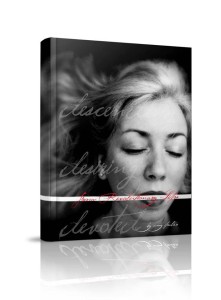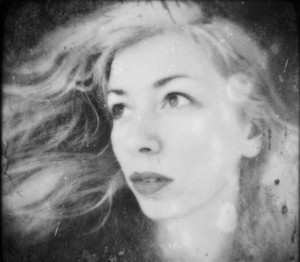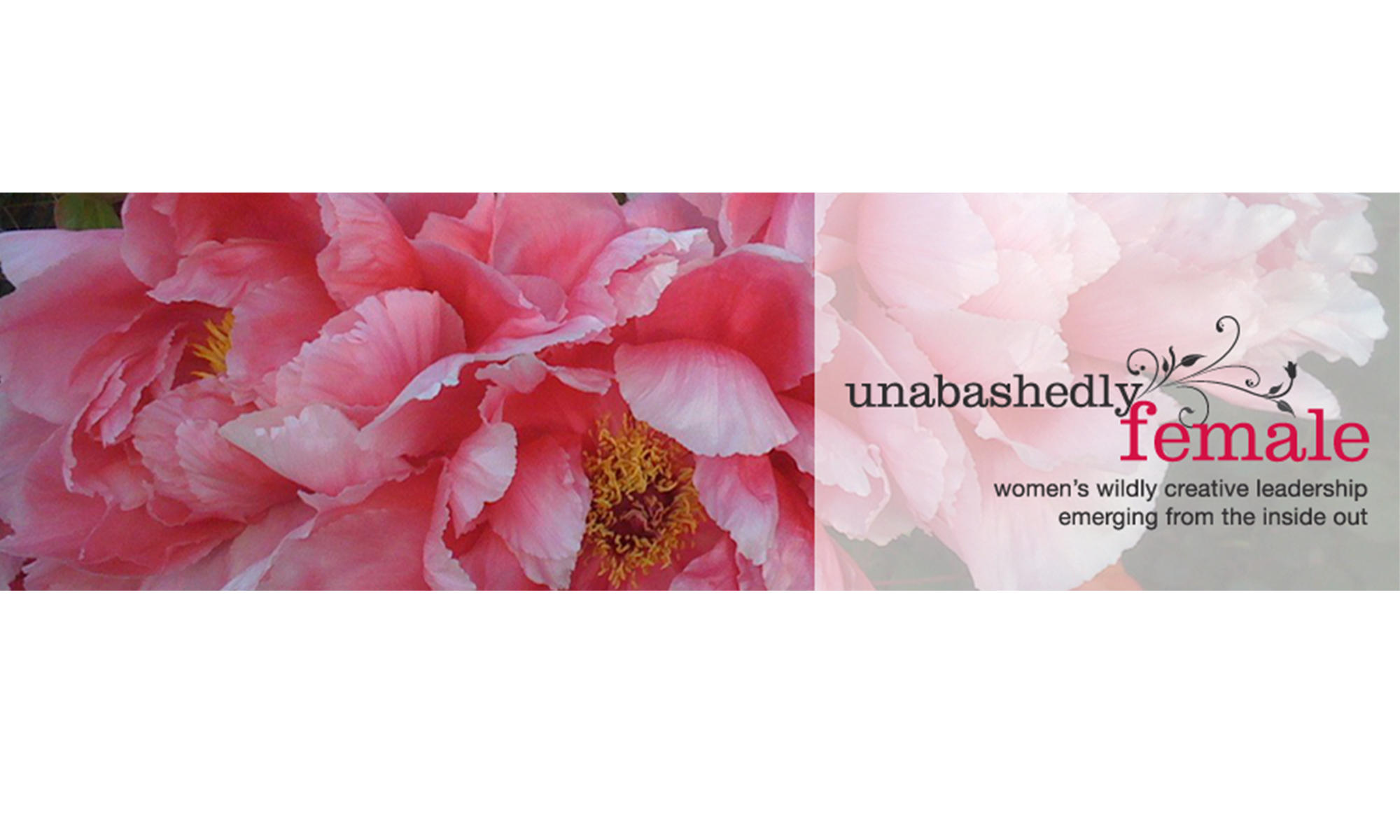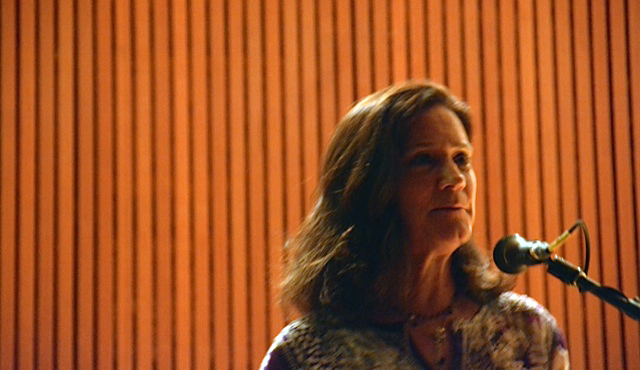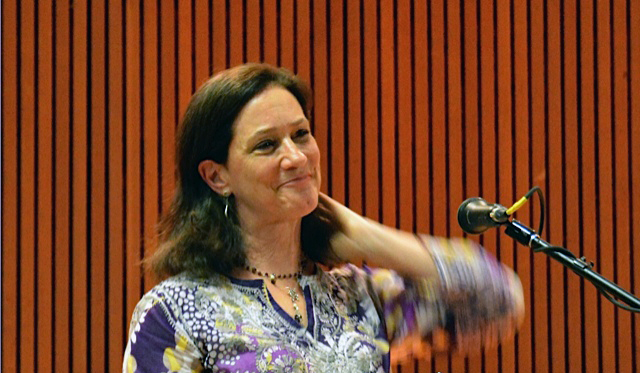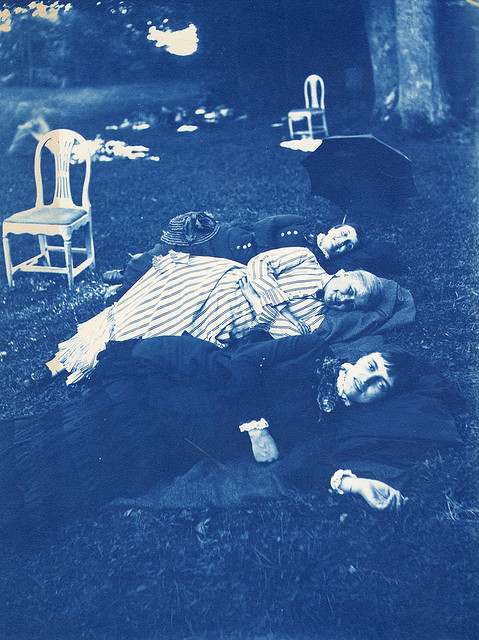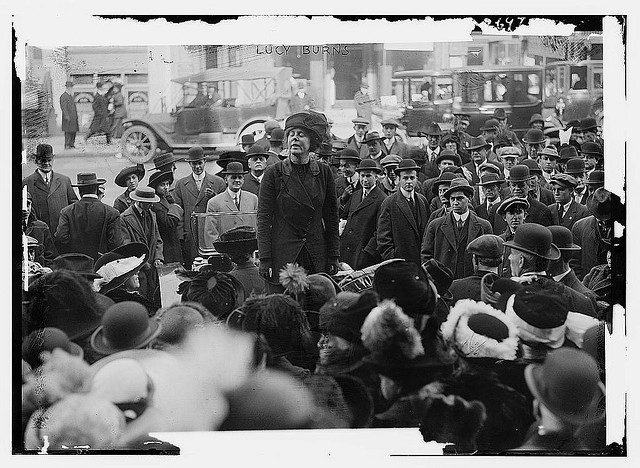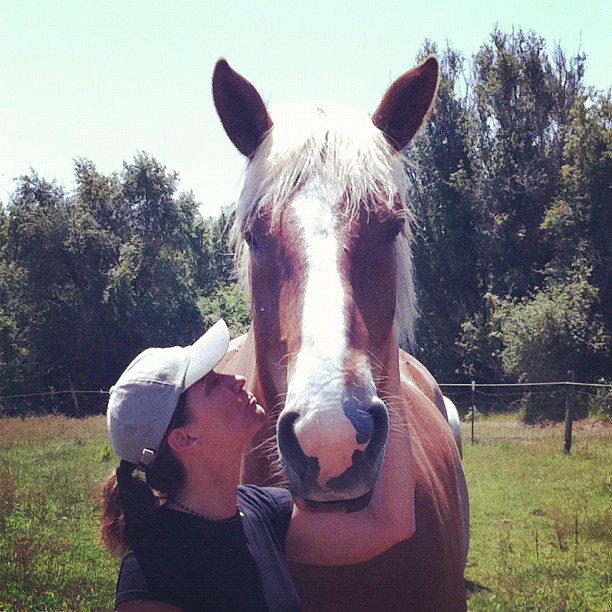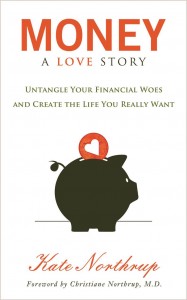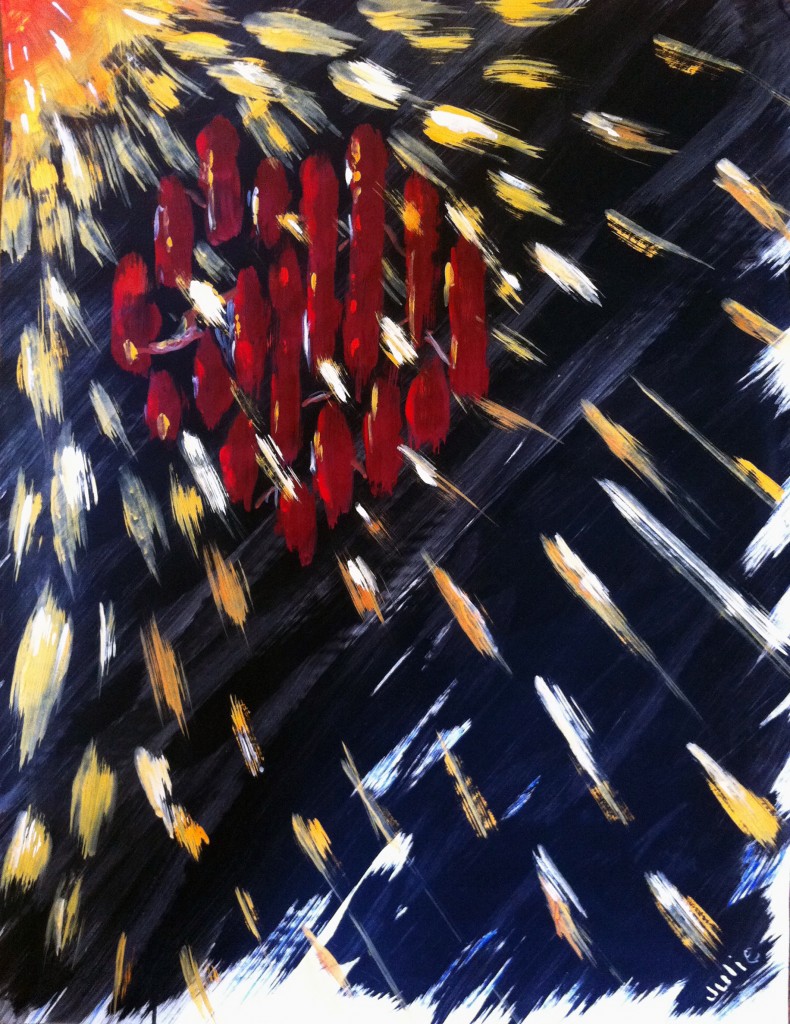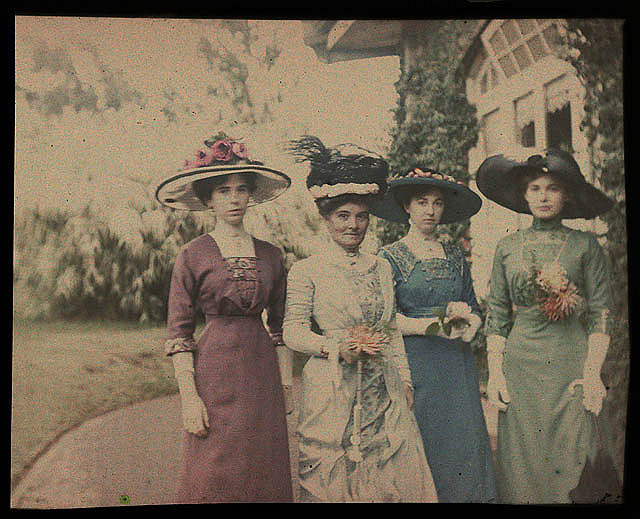
This is part five of a five-part series on rediscovering, and speaking in, our mother tongue.
How many languages do we ‘speak’ as women?
What streams of wisdom do we have access to?
What is our true mother tongue?
::
“I like you; your eyes are full of language.” ~ Anne Sexton
Eyes Full of Language
We speak many languages. All of us. Women and men. And, for some time now, I’ve been curious about the languages I know that I do not speak, languages that women do not speak because we’ve been silenced for centuries, and ultimately still silencing ourselves.
I am curious about languages of touch, of breath, and of taste. Languages of knowing and instinct. Languages that bring place, feel, and depth into rhythm, cadence, and (perhaps) words.
Words aren’t the only vehicle of language. The eyes speak volumes. Look into your own eyes. Really look, and you’ll find you never reach the end of their infinite offering.
When I first meet someone, I listen to the language of their eyes and the texture of their voice. I feel their presence course through me. I meet them on many levels. We all do this. We may think focus mostly on the words being spoken, but our whole system is soaking up others through the many-layered nuances we ‘speak’.
Our Mother Tongue is instinctual. Our paws meet the ground, our eyes take in the scene, and our hearts take a pulse of what is here. The Mother Tongue knows how to respond, all cells alive, heart open, blood coursing, and knowing flowing.
Everyone, women and men, are most powerful when we simply are what we are, and we are soulful animals, critters with paws… and skin that needs to know it is not alone.
Sometimes, we teeter then choose.
When we speak what we have to speak, telling the truth in whatever language suits it best, we settle into ourselves in a way that is just so. No hiding. No covering up. No trying or attempting. Solely a vessel of life.
When we try to be something we are not, we cover ourselves up, and we lose our power. Veiled, we are much less creative, alive, and impactful.
When we water down our words, they lose their vitality. When we translate in order to soften the impact or change the meaning so others won’t be challenged, what truly wants to be expressed dies.
What happens when we know something so profoundly alive and true within ourselves, and at the same time we know it is not valued, honored, trusted, or wanted in the culture. What happens as we stand between worlds, knowing what we know and teetering on the fence of whether or not to speak it aloud into this culture that seems to have no appetite for our words, this culture that seems to find any way it can to denigrate what it is the Mother Tongue must say?
When we know we have something profoundly alive inside and important to express into the world, it is our responsibility to our own Soul to do that. That is the most important relationship that we can honor. It might be that ultimately no one understands what we say. It might be that people judge and shame. It’s no fun when that happens, yet the feeling of trusting yourself, your Soul, and your own voice, and standing tall in the expression of that trust is much more full and ultimately nourishing than the pain of any negative feedback we could receive.
The Mother Tongue is where we women ‘know what we know’. It is outside of cultural conditioning. This is a very important place. It is here we are able to see and know what is true for ourselves, and to hear our own voice, the voice of the Soul. Here we know. Here we see. Here we come to feel the power of our own being, and our own creativity, sexuality and vitality.
Â
We know we know.
Put your ear down close to your Soul and listen hard. ~ Anne Sexton
Sometimes, we just know. Many may try to convince us otherwise. But we know what we know. We might not know how we know it or where we know it, but we know we know.
I only began to remember my mother tongue when I listened to my Soul telling me I had to turn away from the culture. As I began to trust in my own creativity, I began to trust the words that were coming through me. The trust didn’t come easily. Every time I would allow this Mother Tongue to come out on the page, I would shiver a bit with fear about what others might say or think. I was afraid I would be thought of as weird, just like the professors had indicated with their shaming responses. But something inside me kept pushing me to listen and to write. Something was pulsing within, guiding me to remember.
I was listening to something other than what I had been taught was worthy of speaking. The listening was to me…and in all my years in school, I can’t say that I was ever truly taught to value my own deepest expression – my creativity.
There is something important in our fear that we will not be heard, that we will be misunderstood, even shamed. We know our wisdom and truth, and we know the beauty of it. To know it will be not valued, and perhaps mocked, is painful.
“I have a piece that I wrote about how the movie Pollyanna affected my life. I’ve only shown it to one friend because I feel that it would be misunderstood. To be a Pollyanna has such a derogatory meaning, yet I have a different take on it. That piece comes from my mother tongue. Big aha here.” ~ Kim Manley-Ort (shared in a comment on post 2)
Kim speaks about something many of us experience. We know what we know, and what we know is different than what the culture says is valuable. This is the disconnect. Somewhere we know that it will be misunderstood, and perhaps worse. Â That is painful, especially when deep within we love the Self that knows this ‘different take’. We love it, so when others misunderstand, it hurts.
It just may be they will misunderstand. There are many who would like to keep us from remembering who we are. Sometimes, this fear might mean we are not meant to share it. Some things must be kept close to the heart, especially if they are still working on us, still revealing themselves to us. This is when being quiet is serving us and the Soul.
And sometimes, we must speak. Last night, I was listening to Dr. Clarissa Pinkola Estes’ audio program, Mother Night (which by the way is a fabulous program). In it she speaks about how we heal from enculturation. Something she said really struck me – because I was thinking of this post. I’m going to paraphrase: Sometimes we feel like we are very strange, very different than others. We feel there is something so different that we don’t dare share whom we know ourselves to be with this world that can so quickly misunderstand and judge. Dr. Estés explains that when we see this it doesn’t mean we shouldn’t share, but that what we have to share is what is missing from the culture. The very realization that we don’t see ourselves in the culture means that what we have to share is what will fill that hole.
When I heard this, it made so much sense. Of course. No wonder we look out there for something to match what we know and feel, but if we are the ones that are to bring it to the world, then we wouldn’t see it because we haven’t brought it in yet. Isn’t that fabulous?
Settling into Your Mother Tongue:
Listen to Soul
To settle into your mother tongue, begin by separating two things: listening and speaking. Separate the listening to what wants to be known from the act of speaking/expressing it, because sometimes what causes us to not hear is the fact we are already thinking about saying what we haven’t even yet heard – and we are afraid.
Just the act of listening to the voice inside is incredibly important. It takes courage to not turn away from what your Soul is saying. It takes a letting go of one’s own desire to control. It takes faith in the very nature of your being. To open, develop, and deepen this relationship is so important and so beautiful. The speaking and expressing might come later. It might not. But this relationship between you and your own Soul is so beautiful. To open your inner ears and eyes, and to open your heart, to your own Soul is life-changing.
To listen, we must get quiet. Very quiet. We must want to hear. We have to open the channel. Sometimes, I meditate with my journal, and actively ask to hear. The question is important. Whatever question is burning, whichever question is ripe, is the one to ask. We have to be willing to receive what we don’t yet know, and don’t even know we will want to hear.
Sit, open, ask, then be still, quiet, and listen. Be receptive. Soften. Breathe.
To listen, we must come down into the body where we hear, feel, and sense so much more than just our thoughts. It has been my experience, that the Soul doesn’t speak through the crazy monkey-mind. The body is the gateway to the Soul. If we avoid it, we may not hear the Mother Tongue. If we don’t trust in our whole being, we cannot hear what Soul is saying.
Speak Soul
She can sense a language
With her whole body
That only her soul can speak
And only her heart can feel.
Â
Next, we speak. We can find a way to speak that which feels unspeakable. We can find a way to do this; first to ourselves; perhaps, next to our girlfriends, or sisters, or partner. Maybe we start by speaking aloud to ourselves. Just to hear your own voice speak in your mother tongue is healing. Eventually, as we begin to live this real, alive relationship with our own Soul, we find a way to speak.
Begin to…
1. Trust in yourself that you do have a mother tongue – a mother tongue that is your native tongue.
2. Know that no matter what, there is a place inside of you that holds what it is you long to speak.
3. Find a place, perhaps to yourself first in a journal, into a recorder, even in meditation, where you can ‘speak’ these words.
4. Begin to get a feel for what it feels like to speak in your own mother tongue. What is the experience of it? Does it speak in words, movement, grunts, silence, paint, images, symbols, touch, or sparkle in your eyes?
5. Listen to your body. Feel what it is saying. Listen to your longing.
6. Notice how much judgment you have toward your own mother tongue and the words inside of you. Is this the judgment you fear you will receive from others? Work with these parts of you that are judging you.
7. Find people to whom you can say what you long to say. Find people who will listen without judgment, people you trust, people who honor your expression.
8. Trust that those men and women whom you fear speaking your Mother Tongue to the most are actually hungering to hear it, to feel it, and to know it themselves. Trust that what you must speak is exactly what the world needs.
9. Check to see if it feels right, and if so, find a way to speak the words you know in a way that others can hear, without losing the heart and soul woven through them.
10. Know that sometimes we never get to the feeling that people will understand. And, we have to speak anyway. Sometimes, people won’t be open to hearing what you have to say. And you say it anyway.
Offer Yourself Dignity
Ultimately, is it you who must learn to listen to you, to listen with respect and dignity rather than denigration. We want others to listen to us and to understand us. The first step is to learn to honor your own Mother Tongue and what it wants to say. If we are afraid of it, others will be, too.
Can we honor it within ourselves, and honor it within other women, too?
Maybe we have to leave the boardroom and the cubicle, the florescent lights and the plastic ‘containers’, to rekindle our relationship with the big mother, Mother Earth. Maybe our Mother Tongue is spoken through her. Maybe she is always whispering in our ear, imploring us to sing our own song, asking us to speak from the belly.
Maybe then we can come back into the parched places of our culture, these boardrooms and cubicles, and perhaps even the bedroom, with the instincts and language we’ve rediscovered.
Maybe then our world will be filled with the language of the Mother, the instincts and senses, the fierce beauty of the heart – the Mother Tongue.
Posts in the series are:
Mother Tongue Part 1: Has Your Mother Tongue Been Lost in Translation?
Mother Tongue, Part 2: Speaking Without Translating
Mother Tongue, Part 3: Calling You Home in a Language Long Forgotten
Mother Tongue, Part 4: She Doesn’t Pay Lip Service
Mother Tongue, Part 5: Eyes and Instincts, Knowing and Soul
